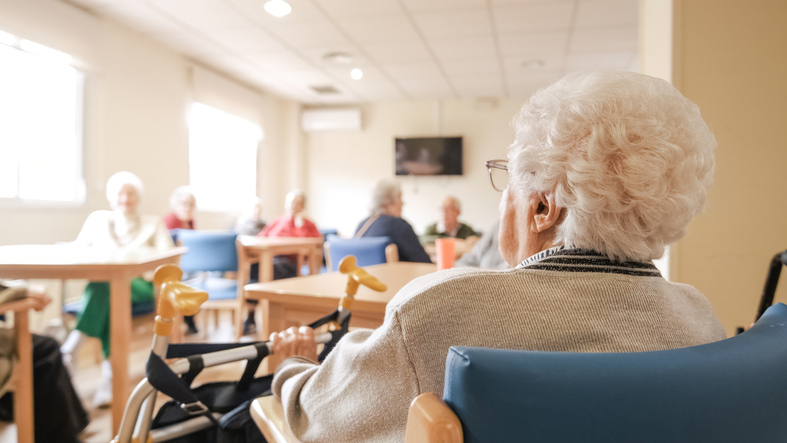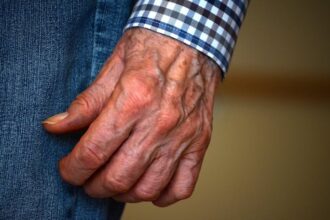A newly developed Bluetooth-based indoor positioning system may provide healthcare providers with a low-cost, energy-efficient method to monitor the mobility of older adults, according to recent findings published in the open-access journal PLOS Digital Health. The study by Qiyin Fang of McMaster University in Canada outlines how this system could support ageing populations in residential and long-term care environments.
While the Global Positioning System (GPS) remains the standard for location tracking, its limitations become evident indoors, where satellite communication is unreliable. Yet, having accurate information about an individual’s whereabouts is essential for a range of healthcare applications, particularly those involving real-time monitoring of older individuals in their daily environments. This is especially true in settings where autonomy and safety must be carefully balanced.
In response to this need, the research team developed and validated a Bluetooth Low Energy (BLE) Indoor Positioning System (IPS) designed to provide continuous location tracking of users throughout the day. The system employs compact wireless beacons inserted into standard wall sockets and pairs them with wearable Bluetooth tags. Notably, the system is easy to install without professional assistance or detailed architectural plans. It can be set up for approximately $200 using five beacons—making it an accessible solution for many households.
To evaluate the system’s effectiveness, researchers tested it in two suburban homes. When BLE signals were integrated with motion sensor data, the IPS achieved a location accuracy rate of 96%. These results indicate the system could reliably monitor individuals’ movements in indoor environments. Furthermore, the researchers noted that the technology holds promise for tracking human movement and locating medical equipment in fast-paced settings such as hospitals, where real-time awareness is critical.
The authors highlighted the broader implications of their findings, suggesting that such systems could significantly enhance context-aware healthcare delivery. Real-time mobility data can improve patient safety and support caregivers in making timely and informed decisions, improving the overall quality of care. The authors also emphasised the potential for further research into how such systems could integrate into broader smart home technologies or healthcare infrastructure.
Ultimately, the McMaster team has developed an indoor tracking system tailored to the unique needs of older adults living at home. By prioritising low implementation costs and ease of use, the system offers a practical, scalable solution to facilitate independent living while ensuring vital oversight for those most vulnerable. As the global population ages, such innovations will likely play a central role in reshaping how we support eldercare within private residences and institutional settings.
More information: Haixin Wang et al, A BLE based turnkey indoor positioning system for mobility assessment in aging-in-place settings, PLOS Digital Health. DOI: 10.1371/journal.pdig.0000774
Journal information: PLOS Digital Health Provided by PLOS








